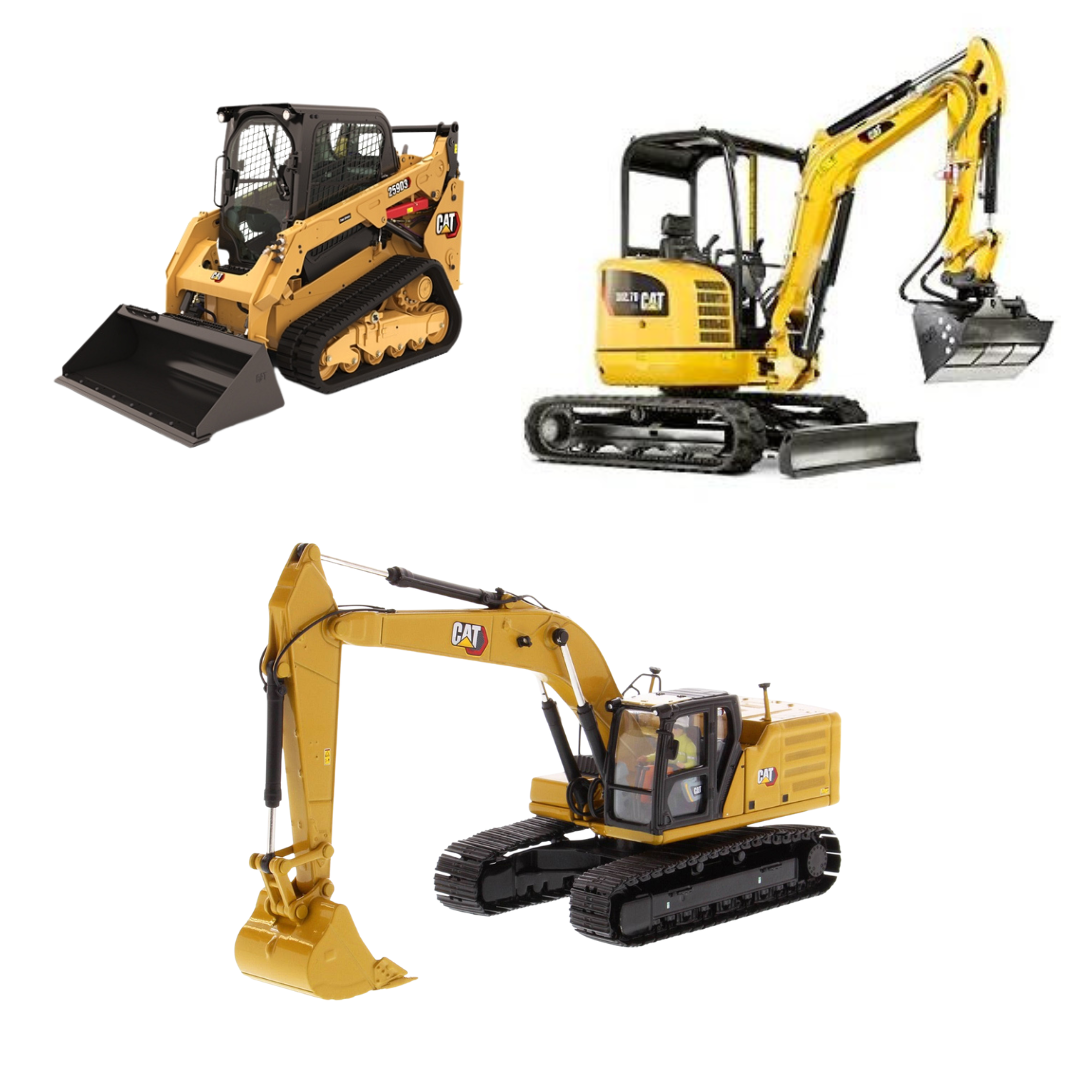Forklift Rental: Heavy Training Equipment for Warehousing and A lot more
Forklift Rental: Heavy Training Equipment for Warehousing and A lot more
Blog Article
Optimize Your Budget by Recognizing the Expenses Connected With Construction Tools Leasings
Understanding the full range of expenses linked with construction devices services is crucial for maximizing your budget. What techniques can be utilized to properly manage these costs and ensure a more efficient rental experience?
Summary of Rental Prices
When thinking about building and construction devices services, comprehending the linked expenses is extremely important for efficient budgeting and task planning. Rental expenses can differ substantially based upon a number of variables, including devices kind, duration of leasing, and area. The initial rental cost often shows the tools's market demand and its connected functional capabilities, influencing the total expense.
In enhancement to the base rental rate, supplementary expenses might arise, such as transportation charges, fuel additional charges, and maintenance costs. It is vital to represent these added expenses to precisely examine the complete cost of renting devices. Additionally, the rental duration can influence rates; longer rentals may get approved for reduced prices, while temporary services could sustain greater day-to-day fees.

Break Down of Rental Rates
An extensive understanding of rental rates is essential for contractors and project supervisors intending to enhance their budget plans. Rental rates for construction equipment typically contain a number of elements, including base prices, time-based costs, and use charges.
Base rates are the core fees connected with the rental of the equipment, often established by the kind and size of the machinery. These prices can differ substantially, influenced by factors such as tools demand, availability, and regional market fads. Time-based fees, which may be daily, weekly, or monthly, serve to suit different task timelines and rental periods.
Furthermore, rental prices may consist of usage costs, which are suitable when equipment is made use of past a specified limit, guaranteeing that the rental firm can represent wear and tear. Seasonal need fluctuations can likewise influence rental rates, with peak building and construction seasons typically regulating greater prices.
Furthermore, recognizing the rental company's plans regarding maintenance and insurance policy can offer more insight into the total cost structure. By assessing these components, specialists can make enlightened decisions, making sure the option of rental equipment lines up with both task requirements and budget restrictions.
Added Costs to Consider
Understanding the complexities of extra charges is vital for service providers to handle their total service expenditures properly. Past the typical rental rates, various supplemental fees can dramatically influence the complete expense of devices leasing. These charges commonly consist of delivery and pick-up costs, which can differ based upon distance and logistics associated with carrying the devices to and from the job site.
Furthermore, some rental business may impose gas additional charges if the devices is returned with less fuel than when rented out. It is additionally necessary to recognize prospective cleaning charges, particularly for customized equipment that needs thorough maintenance after usage.

Extensively examining the rental agreement and making clear these additional costs in advance can aid specialists guarantee and stay clear of unanticipated prices that budget plans continue to be intact throughout the task lifecycle.
Repair And Maintenance Expenses
Routine maintenance and repair service expenses are commonly overlooked aspects that can significantly affect the total cost of building and construction equipment leasings. When renting out equipment, it is vital to consider not just the rental costs but likewise the possible prices related to keeping the equipment in optimum operating condition.
Numerous rental firms consist of basic maintenance as component of the rental arrangement; however, a lot more unforeseen malfunctions or considerable company website repairs can result in extra costs. It's vital to evaluate the rental contract very carefully to recognize what upkeep services are covered and what responsibilities fall on the tenant.
Furthermore, devices that is not well-kept can cause ineffectiveness on the job site, possibly increasing and causing delays task prices. To mitigate these dangers, it is recommended to carry out routine assessments and preserve open communication with the rental supplier relating to any type of problems that occur during usage.
Insurance and Liability Costs
Insurance policy and responsibility expenses are vital news components that can significantly impact the total cost of construction equipment services (equipment rental company). These prices make sure that both the rental company and the customer are safeguarded from potential economic losses occurring from accidents, damages, or theft throughout the rental period

Additionally, clients need to recognize any kind of deductibles or exclusions in the insurance plan, as these can affect prospective out-of-pocket expenditures. Understanding the terms and problems of any kind of insurance coverage is important to stay clear of unexpected costs. Inevitably, budgeting for insurance and obligation expenditures can help guarantee a smoother rental experience and secure versus financial risks connected with building and construction projects.
Conclusion
In verdict, a thorough understanding of the prices connected with building equipment rentals is crucial for reliable spending plan administration. Eventually, notified decision-making concerning equipment services adds to the general success of construction endeavors.
Rental prices can vary considerably based on several variables, including equipment kind, duration of rental, and area (mini excavator rental). The rental period can influence prices; longer rentals might certify for discounted prices, while temporary rentals could sustain greater daily costs
By carrying out extensive research and involving with respectable rental companies, professionals can effectively navigate the complexities of rental pricing, inevitably maximizing their monetary sources.
Beyond the typical rental rates, different supplementary fees can significantly affect the complete price of devices leasing. Rental firms frequently give liability insurance coverage that covers injuries to 3rd parties or damage to building, while equipment damage insurance coverage can cover the price of repairs or replacement if the leased devices is damaged.
Report this page